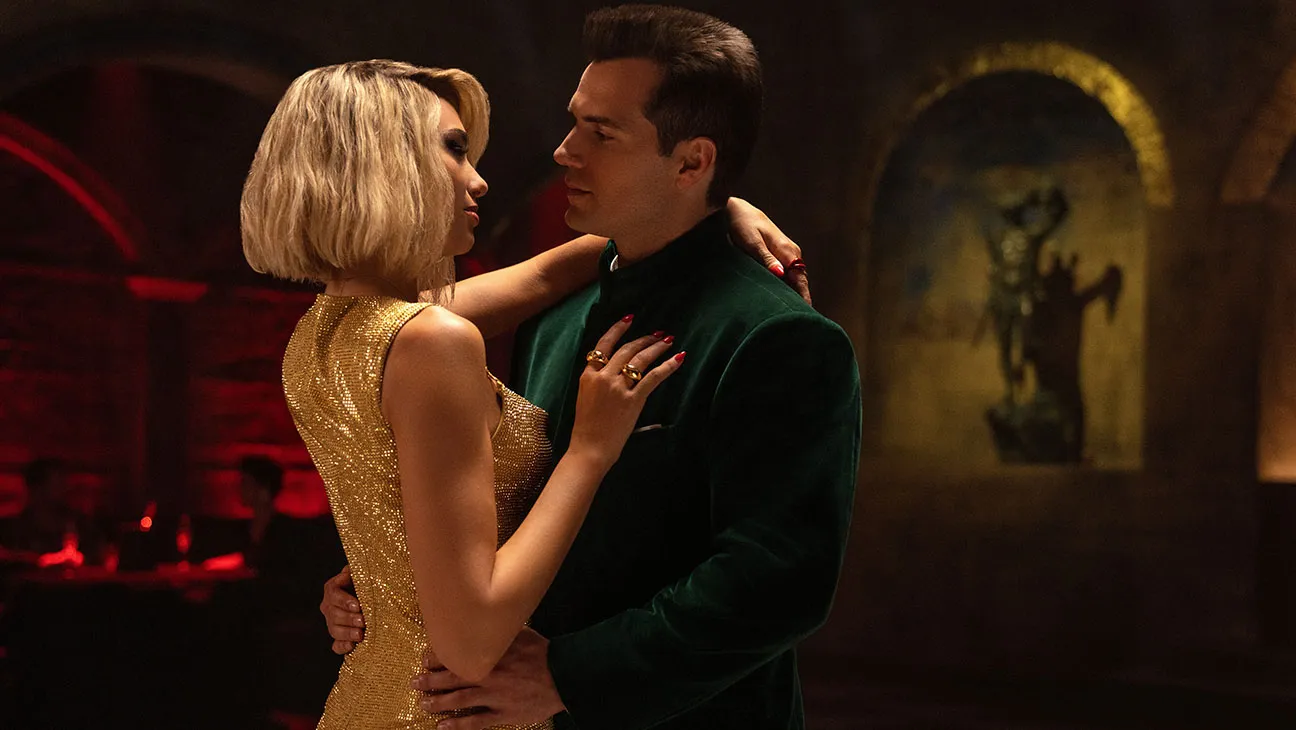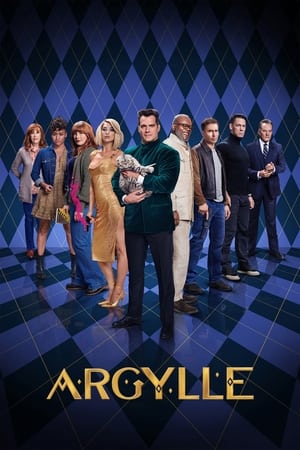In the bustling world of espionage flicks, “Argylle” emerges as a stumbling, overcooked action spectacle from the lens of director Matthew Vaughn. The film kicks off with a sly wink as Agent Argylle, played by the charismatic Henry Cavill, dives into a Greek nightclub encounter with the captivating LaGrange, portrayed by Dua Lipa in a stunning gold dress. What follows is a whirlwind of bullets and bravado, reminiscent of classic James Bond escapades. Assisted by his trusty team—a tech whiz (Ariana DeBose) and a loyal sidekick (John Cena)—Argylle embarks on a high-octane chase, blending elements of spy thrillers with comedic undertones.
But beneath its flashy exterior, “Argylle” struggles to find its footing, leaning heavily on clichés and cardboard-cutout characters reminiscent of a dime-store spy novel. These characters, including Cavill’s ostentatious hairstyle, feel more like caricatures than fully fleshed-out individuals. They are the brainchildren of Elly Conway (played by Bryce Dallas Howard), the bestselling author behind the Argylle series, who finds herself grappling with writer’s block aboard a train journey to visit her mother (Catherine O’Hara).
Enter Aidan (Sam Rockwell), a rugged stranger who blurs the lines between reality and fiction as Elly’s unexpected protector. As the plot thickens, it becomes apparent that Elly’s fictional tales bear an uncanny resemblance to real-life espionage operations, drawing the attention of Director Ritter (Bryan Cranston) and his shadowy agency, the Division. What ensues is a madcap adventure filled with twists and turns, paying homage to classics like “National Treasure” and the Bourne franchise while attempting to carve its own path.
Despite its shortcomings, “Argylle” manages to sprinkle moments of delight throughout its runtime. O’Hara delivers a captivating performance reminiscent of Marlene Dietrich, while Cranston injects humor into his otherwise one-dimensional role. However, the film’s attempts to blend serious storytelling with lighthearted parody ultimately fall flat, resulting in a disjointed narrative that struggles to find cohesion.
As the film careens towards its climax, Vaughn’s direction falters, culminating in a lackluster action set-piece that fails to deliver the thrills expected of a spy thriller. While “Argylle” had the potential to be a clever satire of the genre, it ultimately succumbs to its own ambitions, becoming a forgettable entry in the realm of espionage cinema.
In the end, “Argylle” serves as a cautionary tale of what happens when a film loses sight of its identity, striving to connect with established franchises at the cost of its own originality. Despite its star-studded cast and moments of levity, “Argylle” falls short of its potential, leaving audiences craving the punchline that never quite arrives.


